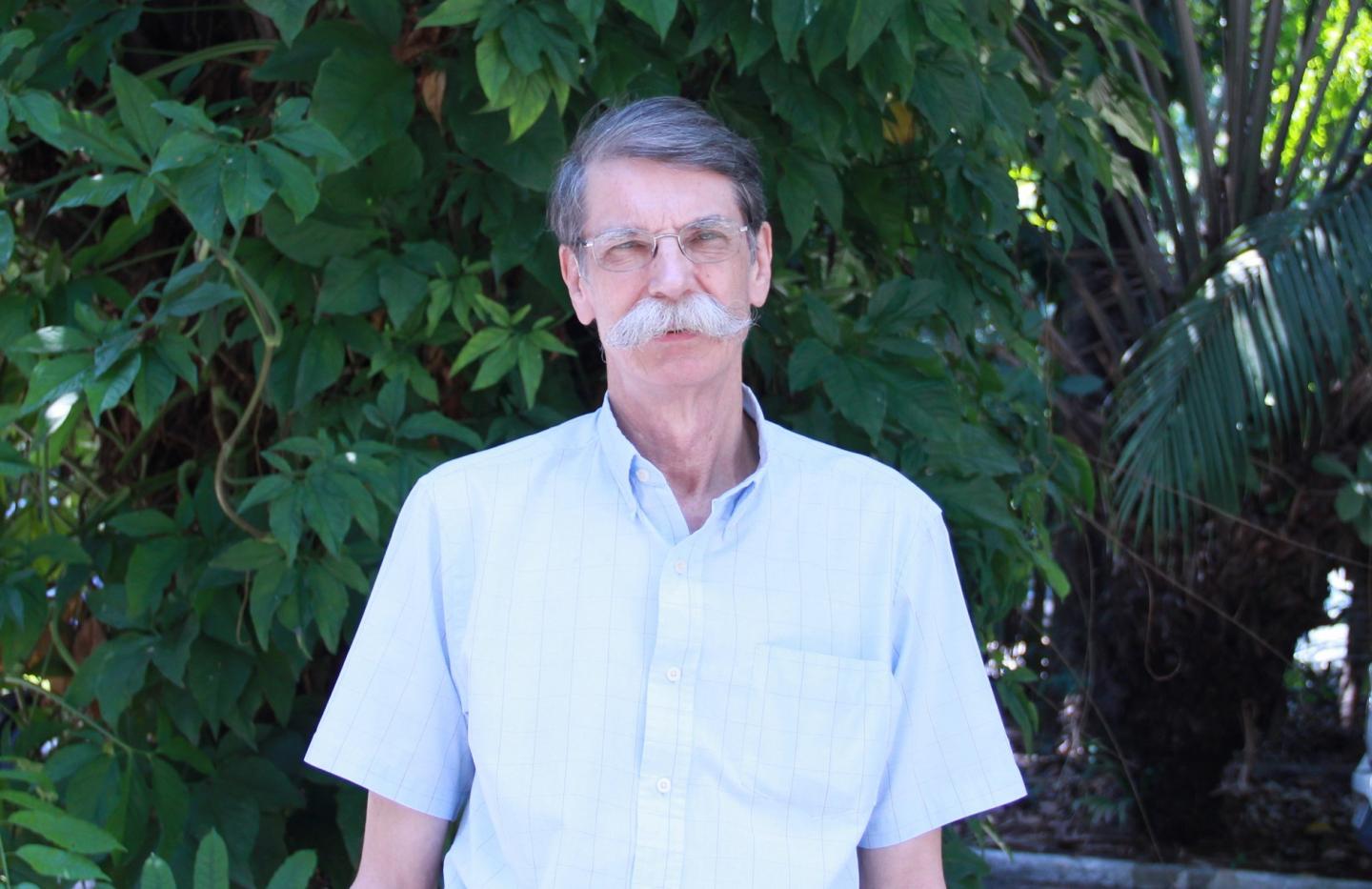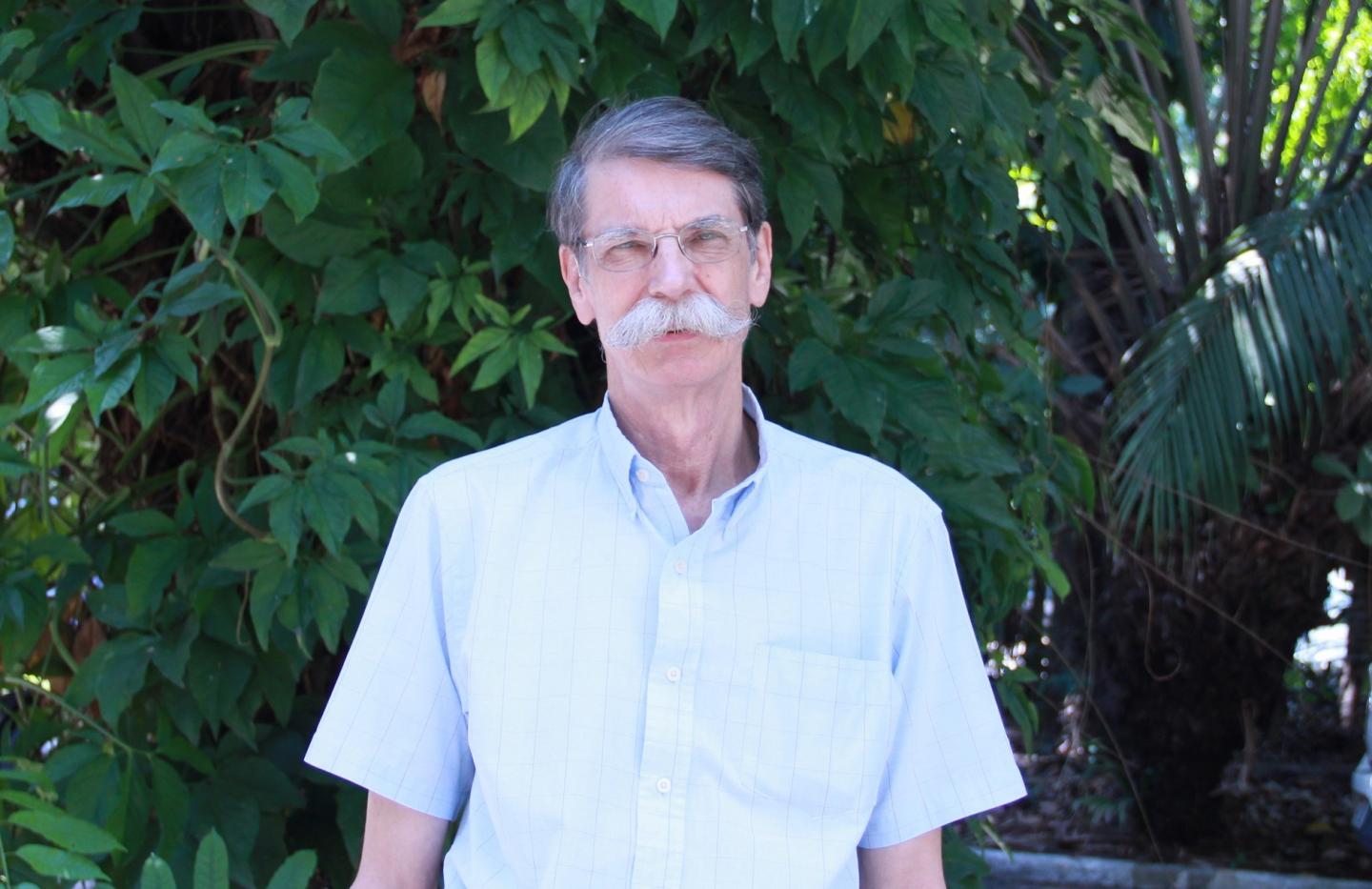
In a paper published in Science this week, Philip M. Fearnside of Brazil's National Institute for Research in Amazonia (INPA) explains how the country's environmental licensing is under threat from a flurry of proposed laws and constitutional amendments. These have jumped into the forefront as anti-environment politicians rush to exploit the opportunity offered by Brazil's current political turmoil. Legislators are eager to help provide short-term stimulation to the country's flagging economy, as by removing social and environmental restrictions on proposed development projects. Many legislative functions, such as attendance in committee hearings, are emptied out while attention is focused on presidential impeachment proceedings. Interested groups of legislators can appear in force at key sessions and vote to approve controversial items, such as the proposed constitutional amendment (PEC-65), pending since 2012, that was suddenly approved by a Senate committee in April. A "maneuver" by opponents on the Senate floor managed to return the proposal to the committee, but the same senators who approved it remain as committee members. PEC-65 would essentially eliminate licensing for infrastructure such as dams and highways, making the mere submission of an environmental impact assessment an automatic and unstoppable approval for building a project. Amending Brazil's highly detailed constitution is relatively easy: since the current one came into effect in 1988 it has been amended 91 times.
Other threats include a Senate proposal for a law (PL-654/2015) that would also gut environmental licensing, condensing the three-step process into only one and setting a deadline for the environmental agency to approve projects that is only one-seventh the normal time for licensing, with the project being automatically approved if the deadline is exceeded. This has recently been approved in committee and awaits a full senate vote. Another pending law (PL-1.610/1996) and a proposed constitutional amendment (PEC-210) would open indigenous lands to mining, while another proposed amendment (PEC-215) would remove the power of the government's environmental and indigenous agencies to create new protected areas, including indigenous lands. A proposal backed by state governments (Processo 02000.001845/2015-32) is progressing through the National Council of the Environment (CONAMA) to allow "self-licensing" for many development projects.
Fearnside's paper predicts that the current political climate will cause other "sleeping" proposals to surge forth and to have increased chances of being passed. As if on cue, while the Science paper was in press another assault on Brazil's environmental licensing system sprang from the woodwork and was designated for a "priority regime" in preparing for a vote. This is a proposed law (PL-3.729/2004) that had been pending in the House of Deputies since 2004; it would create a special "simplified" licensing for "strategic" projects such as dams. A "substitutive" endorsed by the rapporteur (relator) of the proposal would replace the original wording with the even more radical wording of PEC-65.
In summary:
Reality
Environmental licensing is threatened by Brazil's current political situation.
Risks
Development projects, such as dams and highways in Amazonia, often have major environmental and social impacts. Wise decisions require assessing and weighing these impacts before projects are implemented. Without environmental licensing, damaging projects will have little or no consideration of impacts before they go forward. In addition to their deliberately caused impacts, such projects can set in motion processes that are largely outside of government control. Deforestation and loss of environmental services affect people in Brazil most directly, but these losses also affect all inhabitants of the Planet. The Amazon forest's important roles in maintaining climate stability and biodiversity are global, as well as national, concerns.
Response
People in Brazil are the most affected by unwise development decisions in the country and are also the ones who decide what happens to the country's environment. In practice, political decisions on environmental issues often do not reflect the best interests of the population, as was made starkly clear in 2011 when the House of Deputies voted by a seven-to-one margin to gut the country's Forest Code, despite 80% of the population opposing any change. The scientific community has long contributed to documenting the environmental services of Brazil's ecosystems and the impacts of destroying them. This information is more important than ever in providing a basis for debate on the multitude of legislative proposals threatening environmental policies. The ultimate enemy is fatalism: the presumption that avoiding environmental destruction is a lost cause.
###
Media Contact
Cimone Barros
[email protected]
55-923-643-3100
@inpa.mcti/
http://www.inpa.gov.br





